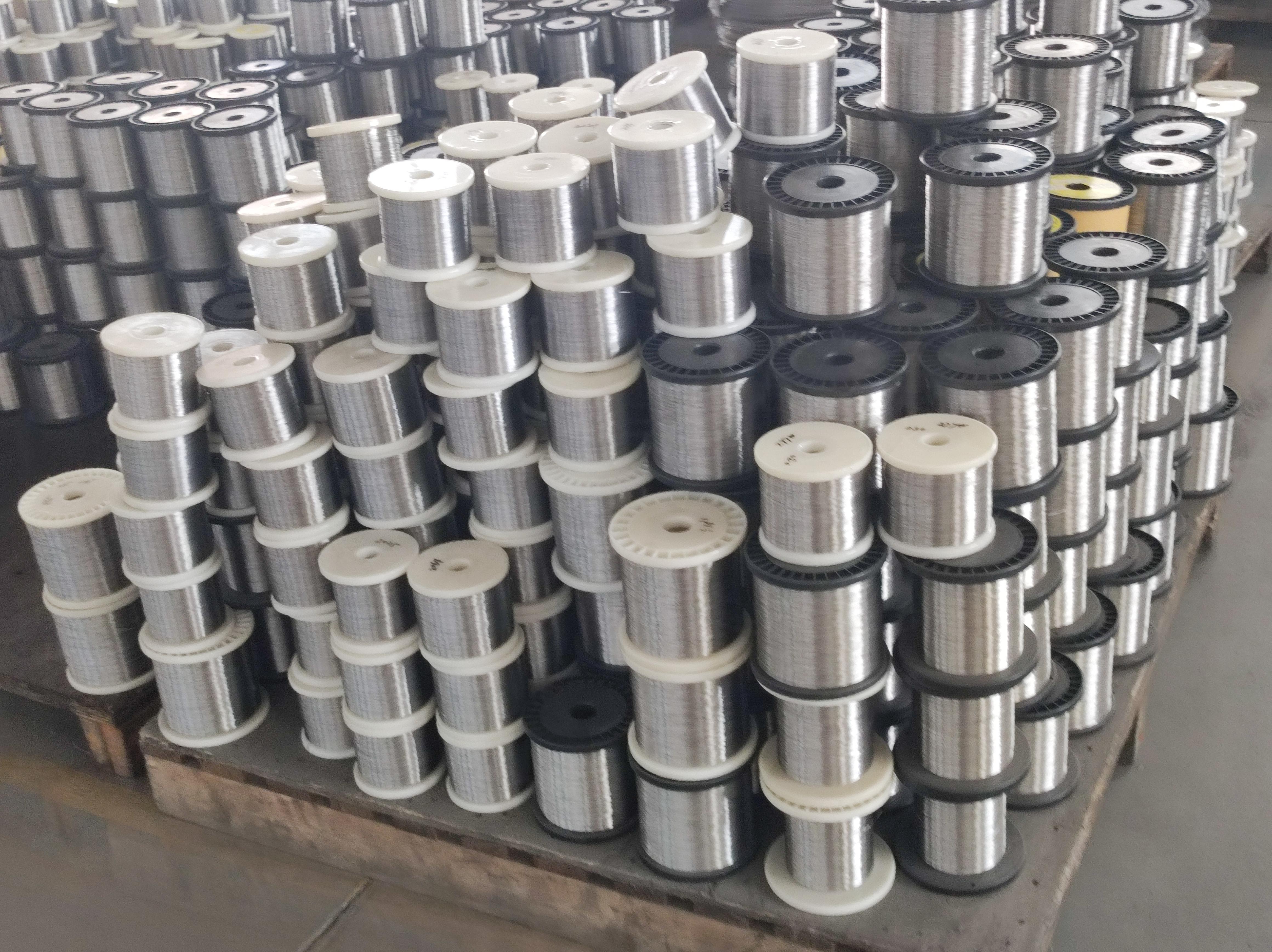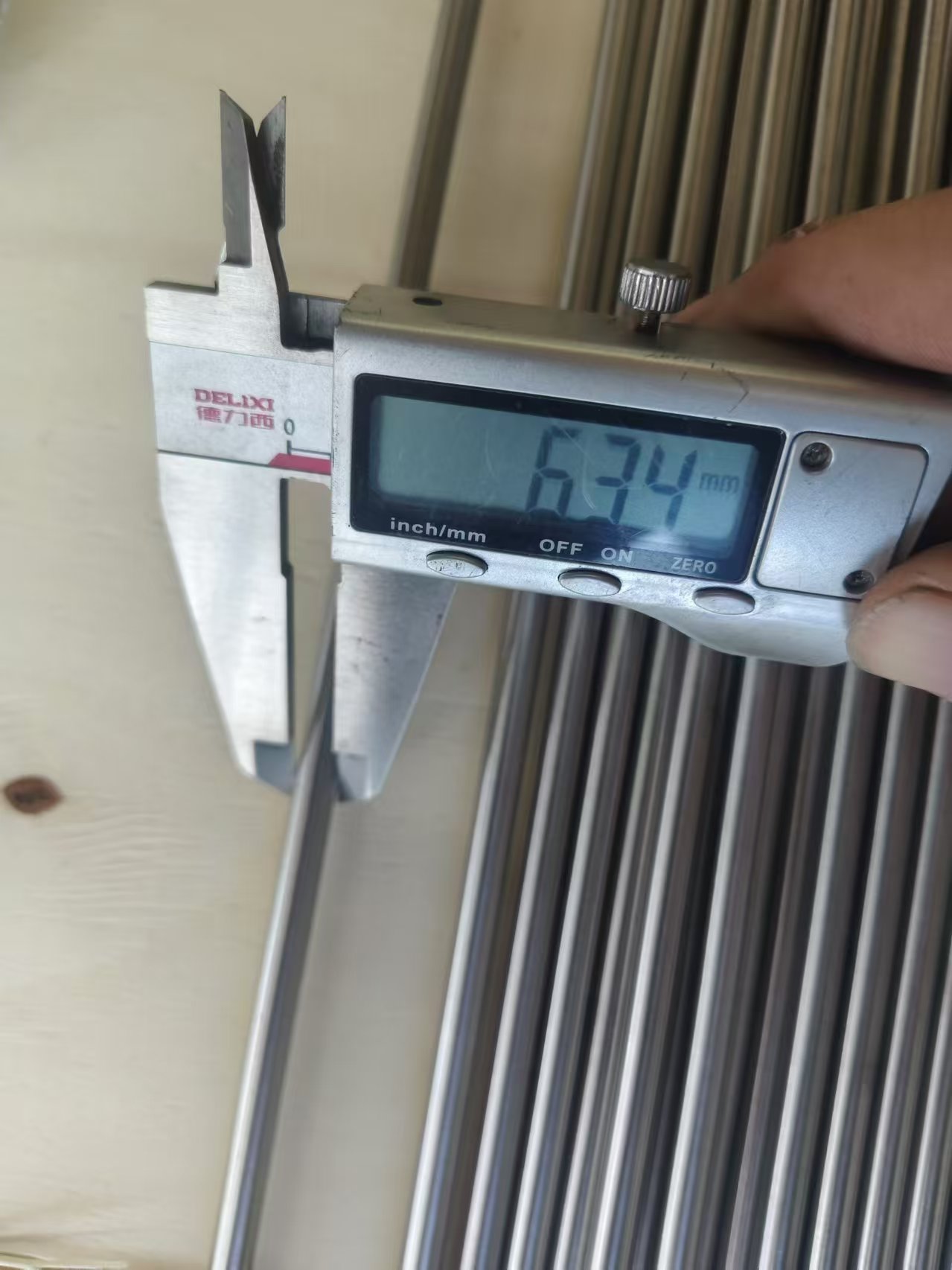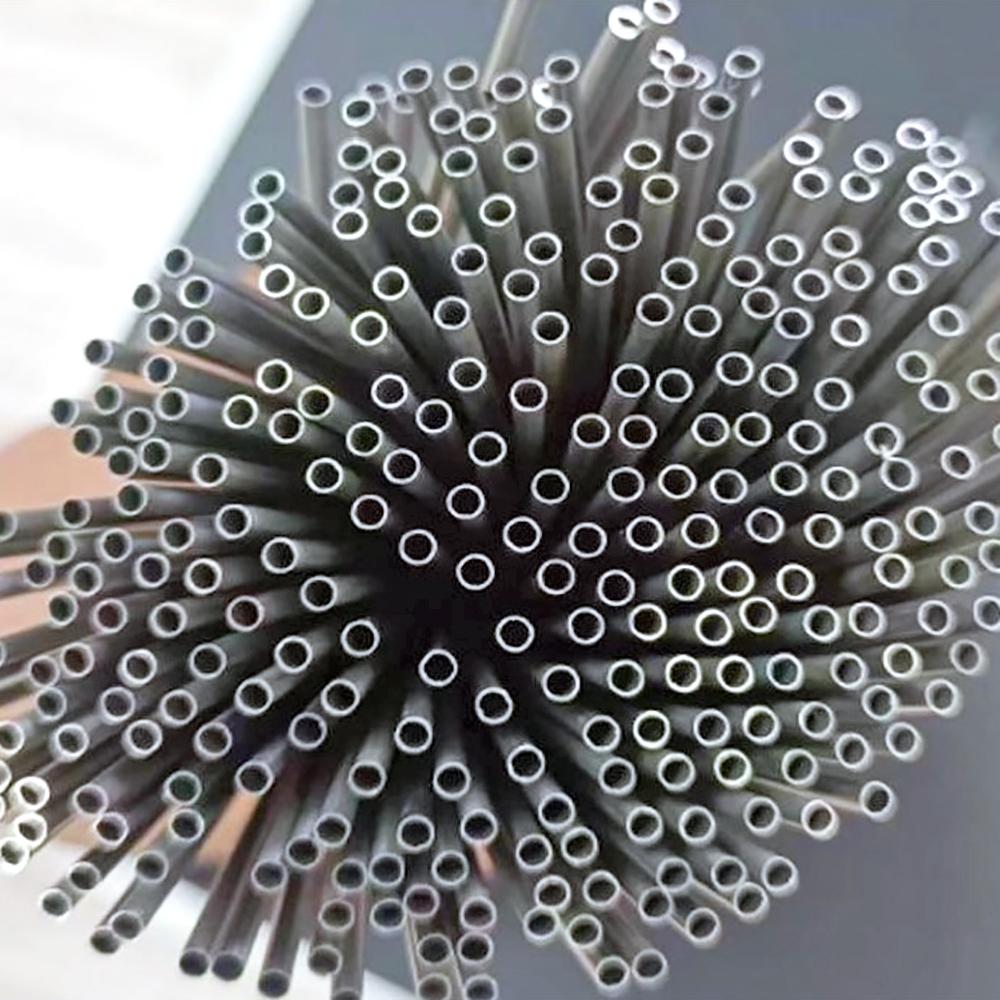We’re all about pushing the boundaries of innovation in healthcare materials, and medical-grade titanium alloys are at the heart of what we do. These alloys are game-changers—lightweight, tough, and perfectly suited for the human body. From orthopedic implants to dental solutions, titanium alloys are transforming patient care. Let’s dive into the grades, applications, and future trends of these incredible materials and see how they’re shaping the future of healthcare.
Titanium alloys are a big deal because of their standout properties. They’re super light—about half the weight of stainless steel—but pack a punch with strength that rivals high-grade steel. Take Ti-6Al-4V (Grade 5), for example: it boasts a tensile strength of up to 965 MPa, making it ideal for heavy-duty applications like bone plates or joint replacements. On the other hand, commercially pure titanium (Grades 1-4) is softer and more biocompatible, perfect for dental implants or bone screws.
Then there’s corrosion resistance. The human body is a tough environment—salty, humid, and full of fluids—but titanium alloys don’t flinch. They resist rust and degradation, ensuring they last for years inside the body. Plus, they’re biocompatible, meaning they don’t trigger major immune responses. Ti-6Al-4V ELI (Grade 23), with its extra-low interstitial elements, takes this to the next level, making it the go-to for complex, long-term implants.
Applications in Healthcare
Our titanium alloys are everywhere in healthcare, and for good reason—they get the job done. Here’s where they’re making a difference:
Orthopedic Implants: Think bone plates, screws, and spinal fixation devices. Ti-6Al-4V is a star here because it can handle the stress of body movement without breaking a sweat.
Dental Implants: Commercially pure titanium (Grade 1 or 2) is a favorite for dental roots. It’s so biocompatible that patients barely notice it’s there.
Cardiovascular Devices: From heart stents to pacemaker casings, titanium alloys are lightweight and corrosion-resistant, ensuring they work reliably for years.
Surgical Instruments: Ever wonder why surgical tools feel so light yet sturdy? Titanium alloys make scalpels and forceps that reduce surgeon fatigue while staying durable.
These applications aren’t just about performance—they’re about helping patients recover faster and live better. We’re proud to be part of that journey.
Comparison Table
| Parameter | Commercially Pure Titanium (Grade 1) | Ti-6Al-4V (Grade 5) | Ti-6Al-4V ELI (Grade 23) |
|---|---|---|---|
| Density (g/cm³) | 4.51 | 4.43 | 4.43 |
| Tensile Strength (MPa) | 240-550 | 860-965 | 860-900 |
| Elongation (%) | 24-30 | 10-15 | 15-20 |
| Corrosion Resistance | Excellent | Excellent | Superior |
| Biocompatibility | Superior | Good | Superior |
| Main Applications | Dental implants, bone screws | Bone plates, joint replacements | Complex implants, spinal fixation |
| Machinability | Low | Moderate | Moderate |
| Cost | Lower | Moderate | Higher |
The healthcare industry is evolving fast, and titanium alloys are keeping up. Here are the trends we’re seeing:
First, personalized medicine is taking off. With 3D printing, we can create custom titanium implants tailored to a patient’s exact anatomy. Using Ti-6Al-4V ELI, we’re printing complex bone structures that fit like a glove, cutting down surgery time and boosting success rates.
Second, biodegradable alloys are on the horizon. Traditional implants often require a second surgery for removal, but we’re working on alloys that dissolve safely in the body over time. It’s still early days, but the potential to reduce patient stress is huge.
Third, the global aging population is driving demand for orthopedic and cardiovascular procedures. Industry reports predict the orthopedic implant market will grow at 5.6% annually through 2030, and titanium alloys will stay front and center thanks to their unmatched performance. We’re ramping up R&D to create even lighter, stronger alloys to meet this demand.
Finally, cost is a big focus. Pure titanium is budget-friendly but less strong, while high-end alloys like Ti-6Al-4V ELI are pricier. We’re exploring new alloy formulas and manufacturing techniques to strike a balance, making top-notch materials accessible to more hospitals and patients.
Our Commitment to Excellence
As a leading supplier of medical-grade titanium alloys, we know lives depend on our materials. Every batch we produce is rigorously tested to meet ISO 10993 biocompatibility standards and ASTM F136 medical specifications. Our state-of-the-art production lines ensure precision from smelting to machining, so you get reliable, high-quality alloys every time.
Looking ahead, we’re doubling down on innovation. We’re experimenting with alloy additives to boost antibacterial properties, which could cut post-surgery infection risks. We’re also exploring titanium’s potential in nerve repair and soft tissue implants, opening new doors for patient care.
Wrapping It Up
Medical-grade titanium alloys are more than just materials—they’re the backbone of modern healthcare. From orthopedic surgeries to dental implants and beyond, our alloys are helping patients worldwide live healthier, fuller lives. As the healthcare industry races forward, we’re committed to staying ahead of the curve, delivering cutting-edge titanium solutions that balance performance, affordability, and innovation. The future of titanium alloys is bright, and we’re excited to lead the charge.
What are medical-grade titanium alloys?
Medical-grade titanium alloys are high-strength, corrosion-resistant metals designed for medical applications, meeting strict biocompatibility standards for implants and devices.What are the main grades of medical-grade titanium alloys?
Common grades include Ti-6Al-4V (Grade 5), Ti-6Al-4V ELI (Grade 23), and commercially pure titanium (Grades 1-4), each varying in strength and biocompatibility.What are the primary applications of titanium alloys in healthcare?
They are used in orthopedic implants (e.g., bone plates, screws), dental implants, cardiovascular stents, and surgical instruments due to their lightweight, corrosion-resistant, and biocompatible properties.What advantages do titanium alloys have over other medical materials?
Titanium alloys offer a high strength-to-weight ratio, excellent corrosion resistance, and superior biocompatibility, minimizing immune reactions for long-term implants.What are the industry trends for medical-grade titanium alloys?
Trends include developing lighter, stronger alloys, adopting 3D printing for customization, and researching biodegradable alloys to meet personalized healthcare needs.





